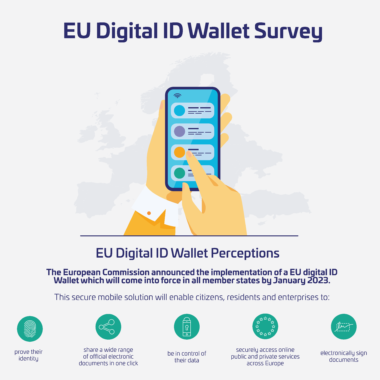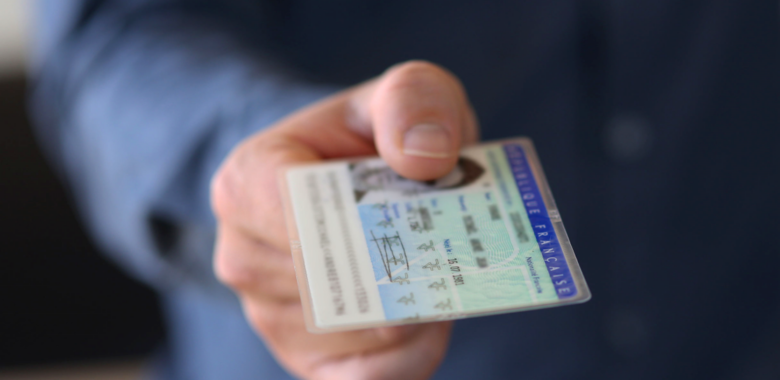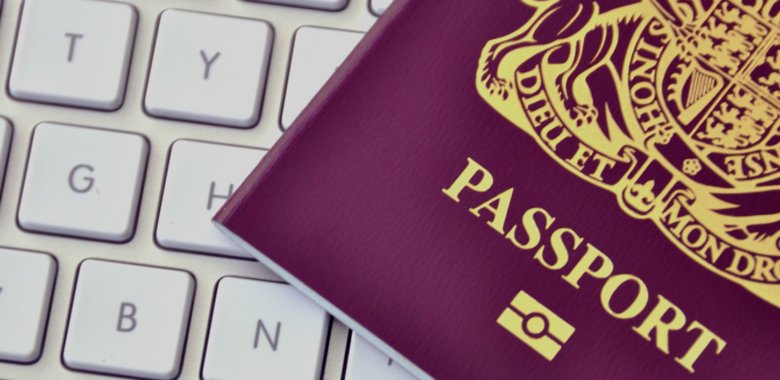The concept of Digital ID wallets has become more mainstream in recent years, due to many factors. Whether it’s having your Covid-19 vaccination status stored on your device, your boarding passes stored on a Google Pay wallet, or proof of age – the concept of being able to easily prove who you are to access services via digital means is becoming increasingly common.
However, the Digital ID experience is often clunky, disjointed, and is not as secure as it could be. In our previous blog, Day in the Life of a Digital Citizen, we outlined just how a secure, joined up approach to Digital ID would impact the day to day lives of citizens – and how that is a step closer thanks to the forthcoming EU Identification.
This is hopefully all set to change, thanks to forthcoming regulation. Starting with a pilot phase in 2023 and implementation in 2024, all EU member states must make a Digital Identity Wallet available to every citizen who wants one. This is one of the main outcomes of the recent evolution to the eIDAS regulation for electronic identification.
With these forthcoming changes, we wanted to understand citizen’s current attitudes to Digital ID wallets, what’s important to them, and what they want to see out of a digital wallet. To this end we conducted an EU-wide consumer research survey – with some of the key findings outlined below.
What is the appetite like for a digital ID wallet?
Our research, conducted with over 1,800 EU citizens across 7 countries, found that 66% would use a Digital ID wallet. Interestingly acceptance greatly increases dependent on experience; it reaches 73% for those already using a form of Digital ID compared to 44% of those who don’t.
Do citizens have a favoured ID provider?
In all but one of the countries surveyed, government emerges as the preferred provider of the European Digital ID Wallet. Overall, 60% of EU citizens position governments as the most legitimate to issue an EU wallet. This is closely followed by banks, at 32%. Interestingly, users of an official mobile ID are even more convinced and are 70% to favour a government initiative.
Does security trump convenience?
Despite media rhetoric to the contrary, when it comes to Digital ID wallets, security is more important than convenience. 66% of EU citizens said security is the most important factor for them. That’s not to say, however, that convenience isn’t key – it was the second most important factor, doubling in importance for those under the age of 45.
Other key takeaways from the research found that:
- 73% of citizens already have some form of digital ID or copies of document (in pdf, jpeg format) stored on their phone
- 67% think the wallet should be able to be used anywhere within the EU
- Ease of access will be key, with users favouring a single wallet to access all of their documents
- Official IDs and health related use-cases will be the biggest drivers of adoption for the wallet
In the countdown towards the eIDAS2, keep checking back on the Thales DIS blog where we’ll be discussing the following topics:
- Generational and regional attitudes to the wallet
- Challenges and hurdles to overcome to build a streamlined, secure and efficient wallet
For further reading, visit:



